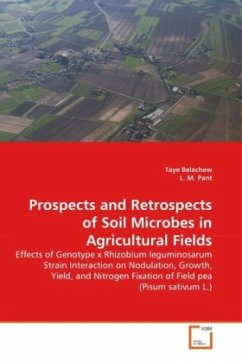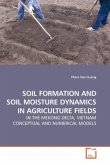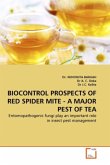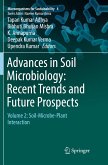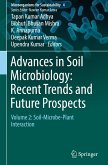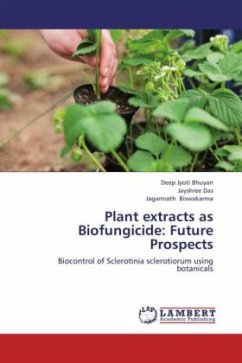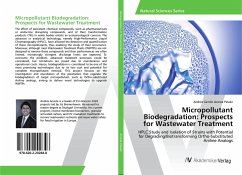Land degradation is the principal environmental factor behind declining per capita food production in Sub-Saharan African. Causes include nutrient mining, sol erosion, poor land management and lack of resources. Thus, restoring soil fertility through build up of beneficial soil microbial population can be regarded as valuable coping strategy. Inoculation with rhizobia has the potential to increase dry matter yield, N yield, and residual N levels. However, it is not expected yield responses to inoculation universally in all areas. The response is highly dependent up on several factors amongst the presence of legume species and soil N levels prior to seeding are the two most important. This book in this regard will add a lot in addressing the potential impact of legume varieties in response to native or introduced soil microbial population for the preceding crop yields and/or soil fertility management in agricultural fields. Thus, inclusion of potential rhizobium spp. in legumes will have paramount importance for subsistence farmers who are unable to invest on the escalating price of inorganic fertilizers.

